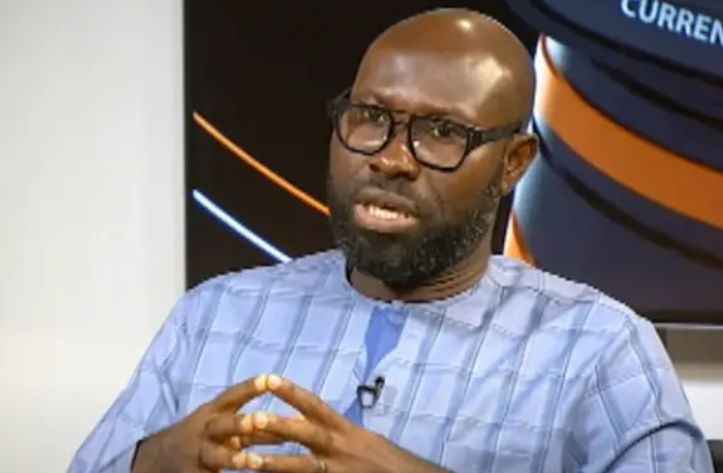The Minority caucus in Ghana’s Parliament has vehemently criticized the recent wave of discontinued criminal cases against prominent members of the National Democratic Congress (NDC), characterizing the action as a miscarriage of justice and a dangerous precedent for accountability in the country. They allege a politically motivated manipulation of the justice system, with the Attorney General utilizing his powers under Section 59 (2b) of the Criminal and Other Offences Act to effectively act as both prosecutor and judge, thereby exonerating key figures within his own party. This criticism centers on the perceived lack of transparency and justification for the discontinuations, particularly in cases involving individuals who subsequently received significant government appointments, such as Dr. Cassiel Ato Forson, Samuel Ofosu Ampofo, and Dr. Johnson Asiamah, the new Governor of the Bank of Ghana. The Minority argues that these actions undermine the principles of due process and erode public trust in the judicial system.
The controversy surrounding the discontinued prosecutions stems from the timing of the Attorney General’s decisions, which occurred shortly after the appointments of these NDC members to high-profile positions. This has fueled suspicions of a quid pro quo arrangement, with the discontinuation of charges perceived as a reward for political loyalty. The Minority contends that this practice sets a dangerous precedent, implying that political affiliation can shield individuals from criminal prosecution, irrespective of the evidence against them. This, they argue, creates a two-tiered justice system, one for politically connected individuals and another for ordinary citizens, ultimately weakening the rule of law.
Adding weight to the Minority’s concerns, investigative journalist Manasseh Azure Awuni has also publicly denounced the mass discontinuation of cases, echoing the demand for transparency and accountability. Awuni argues that the lack of explanation offered by the government regarding the Attorney General’s decisions raises serious questions about the motivations behind these actions. He emphasizes that such practices not only undermine the fight against corruption but also erode public confidence in the government’s commitment to upholding the principles of justice and fairness. Furthermore, he points to the irony of President Mahama presiding over these discontinuations, given his previous stance on corruption, which included initiating prosecutions against members of his own party during the GYEEDA scandal.
The core issue at stake revolves around the perceived politicization of the justice system and the erosion of accountability within the government. The Minority’s argument centers on the principle that all individuals, regardless of their political affiliations, should be subject to the same legal standards. By discontinuing cases against prominent NDC members without providing adequate justification, the government, in their view, is sending a clear message that political connections can trump legal processes. This, they argue, not only undermines public trust in the judicial system but also creates a climate of impunity, where individuals in positions of power feel emboldened to engage in corrupt practices, knowing that they are unlikely to face consequences.
The controversy also raises broader concerns about the separation of powers and the independence of the judiciary. The Attorney General’s actions, as described by the Minority, suggest an overreach of his authority, effectively usurping the role of the courts in determining guilt or innocence. This blurring of lines between the executive and judicial branches of government, they argue, poses a significant threat to the democratic principles upon which the country is founded. The lack of transparency surrounding these decisions further exacerbates these concerns, making it difficult to assess whether the Attorney General acted independently or under political pressure.
Ultimately, the mass discontinuation of cases has ignited a debate about the integrity of Ghana’s justice system and the government’s commitment to fighting corruption. The Minority’s accusations, coupled with the criticism from prominent figures like Manasseh Azure Awuni, have placed immense pressure on the government to provide a comprehensive and credible explanation for its actions. Failure to do so, they warn, will not only further erode public trust but also embolden corrupt practices, ultimately undermining the foundations of Ghana’s democracy. The controversy underscores the vital importance of maintaining an independent and impartial justice system, free from political interference, to ensure accountability and uphold the rule of law.














